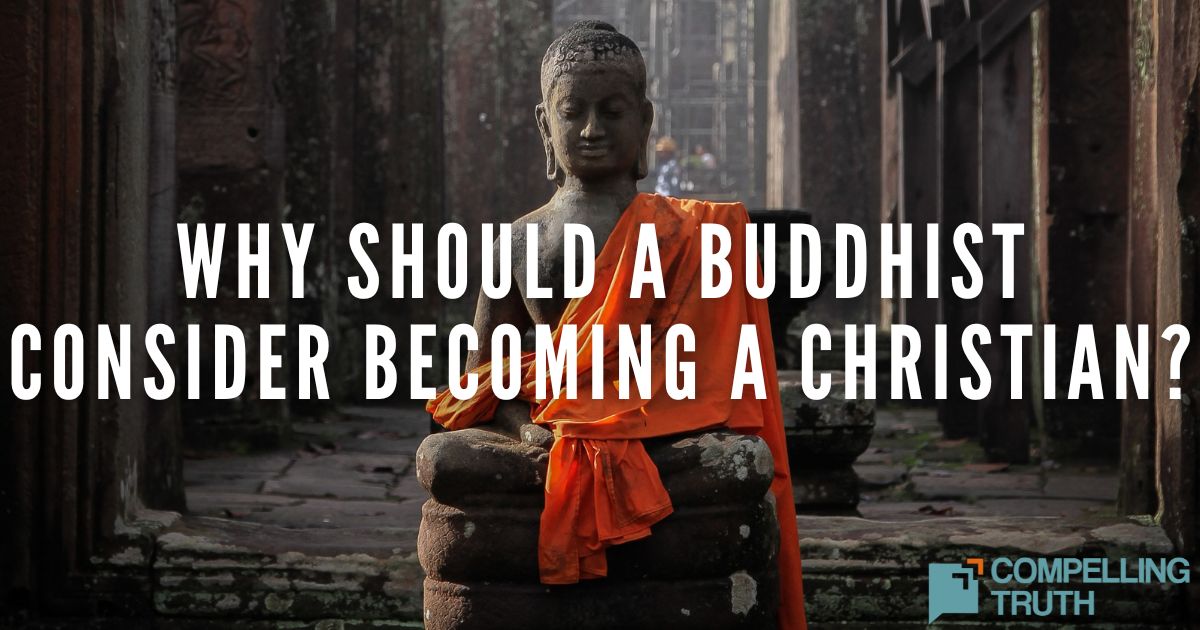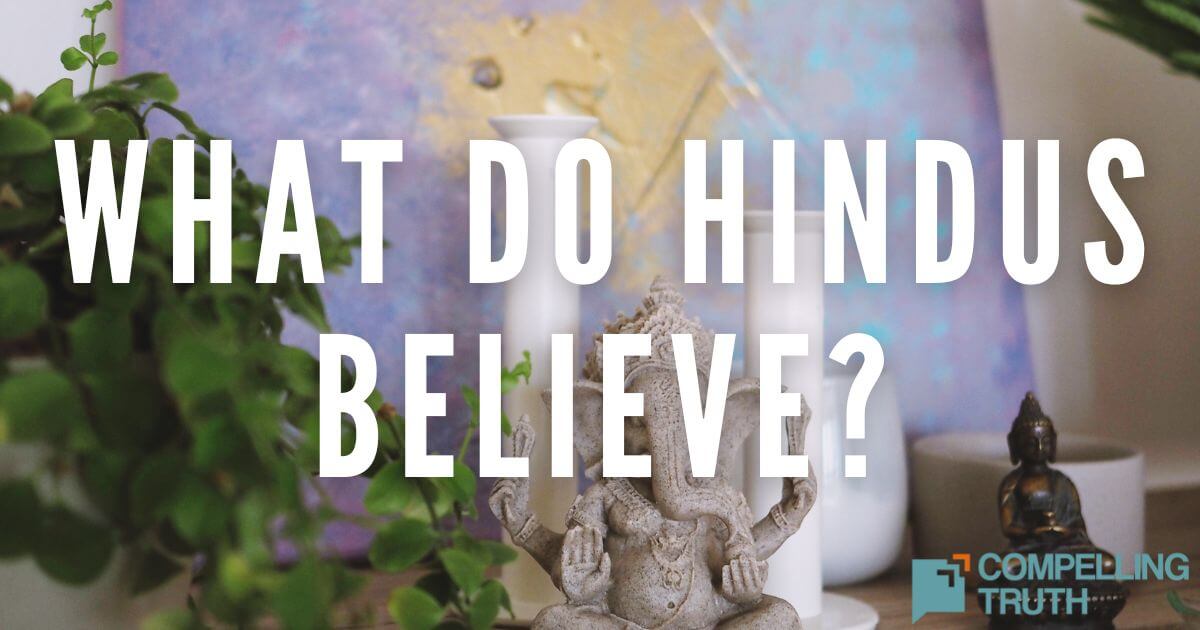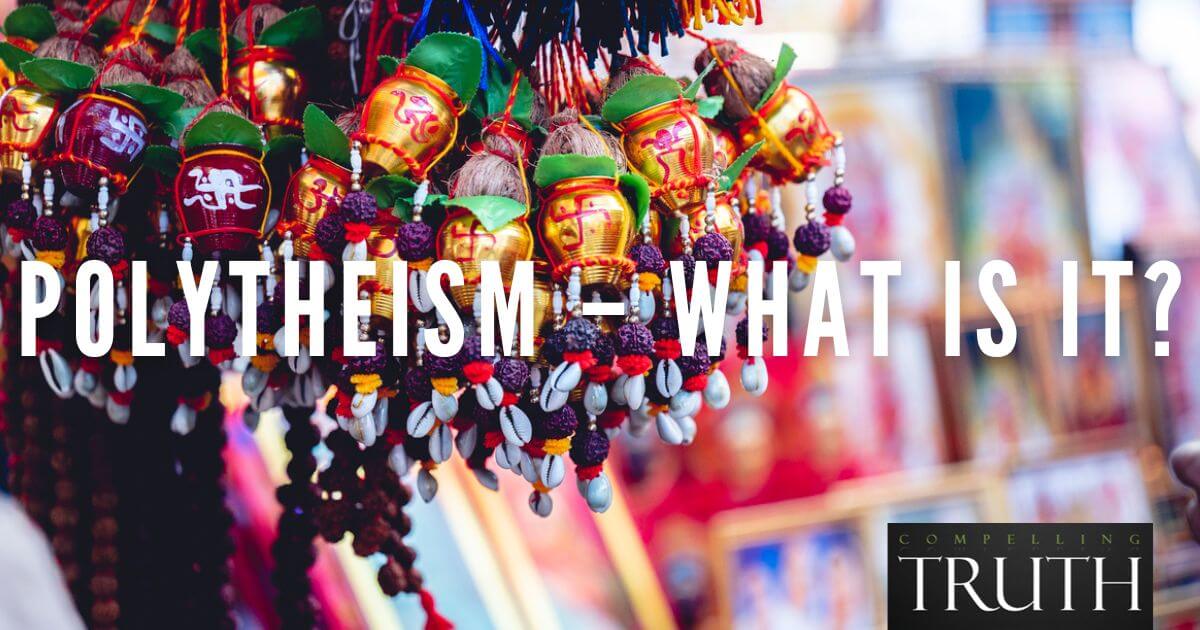Shintoism is the national religion of Japan, alongside Buddhism. It is one of the oldest religions in the world. Due to the teaching of Shintoism that Japan and its people are the only divine land and people in the world, followers of Shintoism are almost exclusively Japanese. Shintoism does not have a founder, or any holy books. There is no set of laws or beliefs other than the belief in the "kami" which is a divine power that exists within all things. Shintoism is both polytheistic (believing in many gods) and animistic (believing that gods inhabit objects, animals, nature, etc.) The word Shinto comes from the Chinese word "Shen-tao" which means "the way of the gods."
Shintoism is not compatible with the teachings of the Bible, and differs from Christian doctrine at many points. First, Shinto teaches that the Japanese people and the islands of Japan receive divine favor that the rest of the world does not enjoy. Conversely, the Bible teaches that the Jews are God's chosen people (Deuteronomy 7:6). Interestingly, the Bible does not teach nationalistic pride or the idea that the Jews are better than other people, nor does it say that the Jews are descended from God or from the gods. Shintoism claims that the Japanese are the descendants of the kami.
Scripture also teaches that there is only one God (Isaiah 45:5), while Shinto teaches the existence of many gods. The Bible presents God as a loving, personal Savior and father to those who trust Him (2 Corinthians 6:17–18), while Shintoism's gods inhabit nature and are as impersonal as nature itself. Shintoism creates elitism among the Japanese people, along with the understanding that since they are descended from the gods they have no need of a Savior. But the Bible states that everyone is fallen (Romans 3:23) and that we all need Christ for salvation (Acts 4:12). Shintoism relies on the idea that ritual purification will make a person worthy of the attention of the kami, but the Bible tells us that only the blood of God's own son, shed on our behalf, can give us access to Him (2 Corinthians 5:21).
Shintoism is not compatible with the teachings of the Bible, and differs from Christian doctrine at many points. First, Shinto teaches that the Japanese people and the islands of Japan receive divine favor that the rest of the world does not enjoy. Conversely, the Bible teaches that the Jews are God's chosen people (Deuteronomy 7:6). Interestingly, the Bible does not teach nationalistic pride or the idea that the Jews are better than other people, nor does it say that the Jews are descended from God or from the gods. Shintoism claims that the Japanese are the descendants of the kami.
Scripture also teaches that there is only one God (Isaiah 45:5), while Shinto teaches the existence of many gods. The Bible presents God as a loving, personal Savior and father to those who trust Him (2 Corinthians 6:17–18), while Shintoism's gods inhabit nature and are as impersonal as nature itself. Shintoism creates elitism among the Japanese people, along with the understanding that since they are descended from the gods they have no need of a Savior. But the Bible states that everyone is fallen (Romans 3:23) and that we all need Christ for salvation (Acts 4:12). Shintoism relies on the idea that ritual purification will make a person worthy of the attention of the kami, but the Bible tells us that only the blood of God's own son, shed on our behalf, can give us access to Him (2 Corinthians 5:21).



